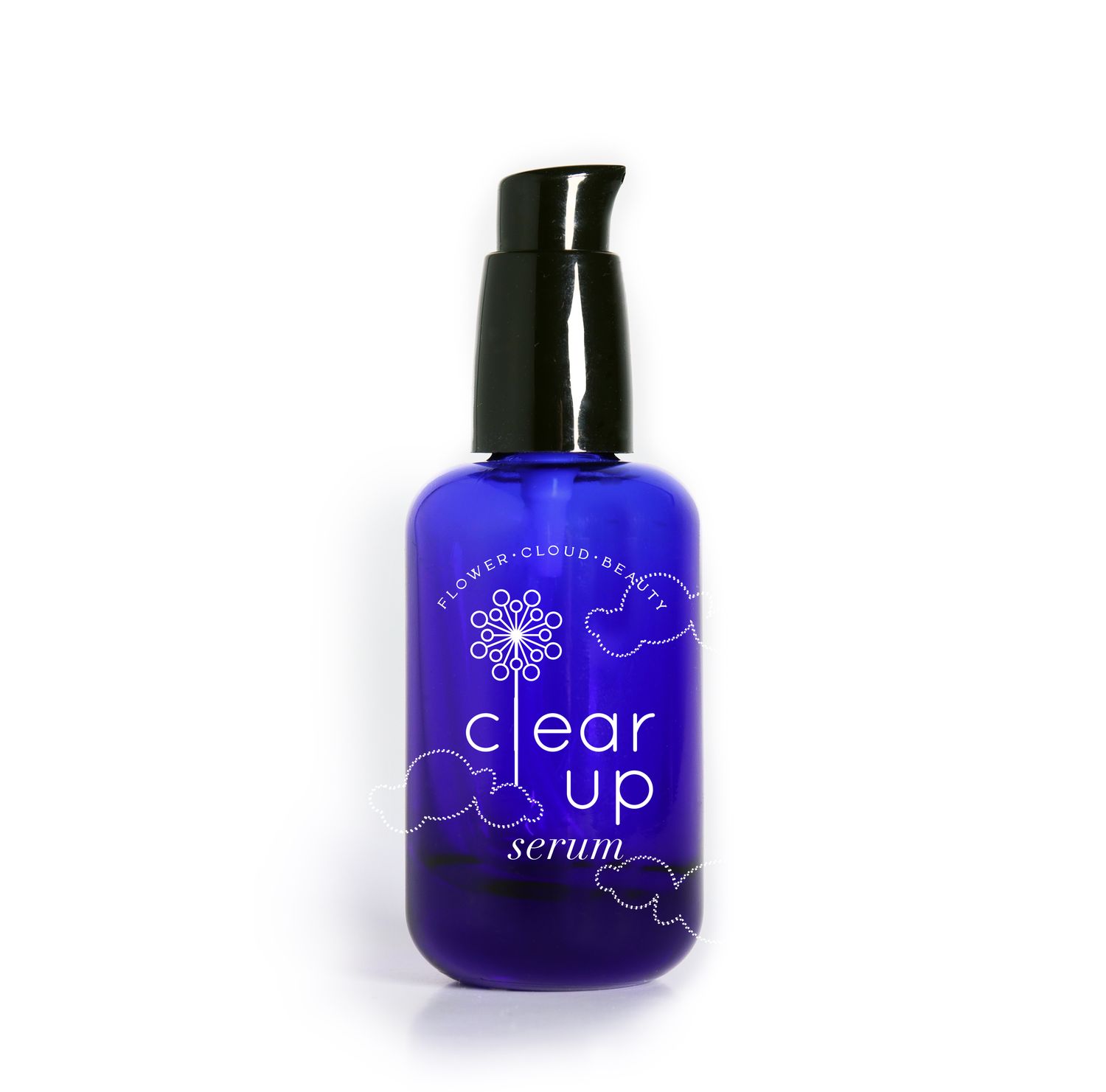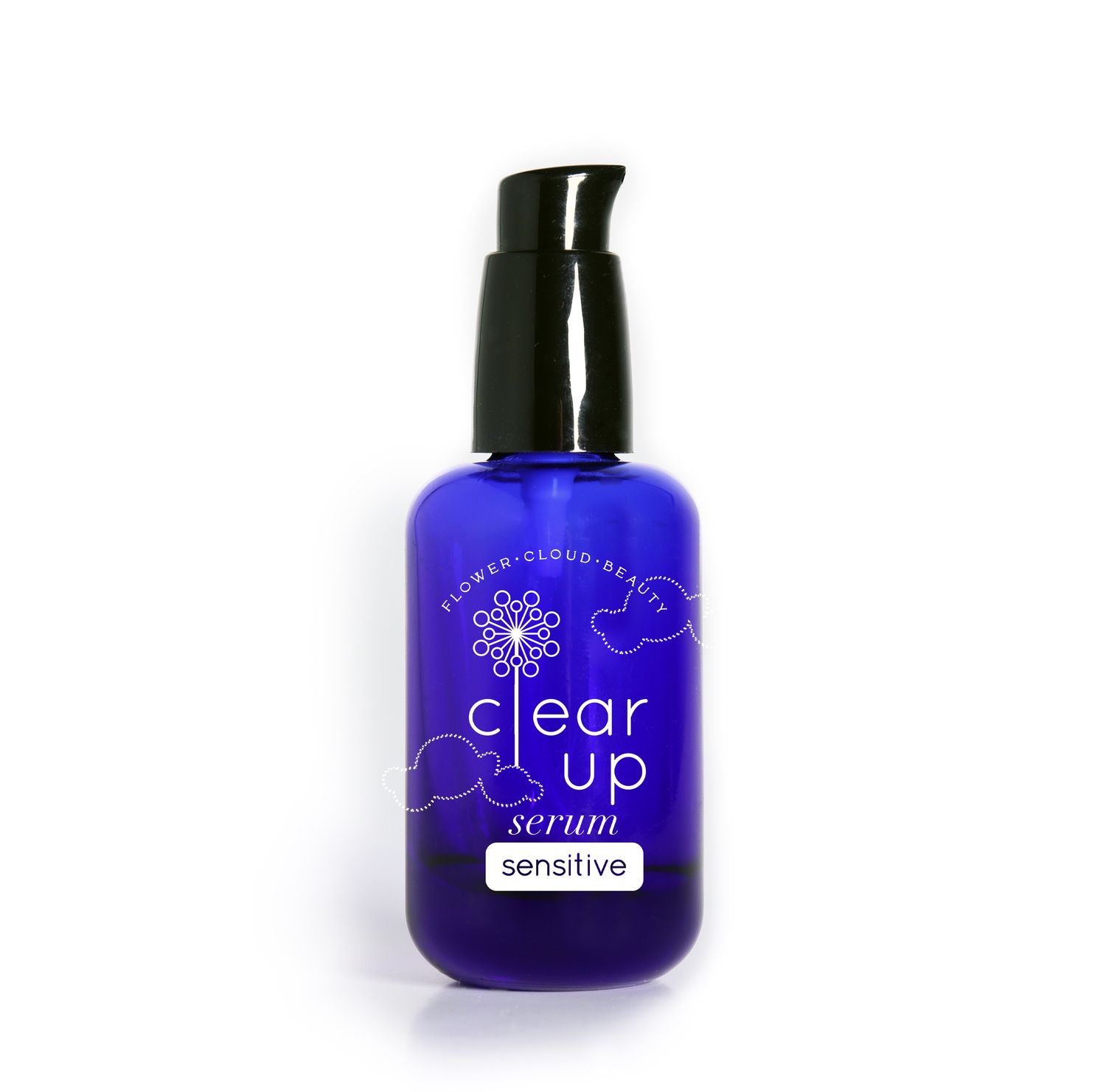zinc PCA: for the most delicate breakout-prone skin
Zinc PCA: The Unsung Hero for Regulating Oil and Soothing Skin
In the world of skincare, active ingredients like retinol and vitamin C often steal the spotlight. But true skincare efficacy often relies on the supporting cast—the multifunctional ingredients that create a healthy, balanced canvas. Zinc PCA is one such ingredient. A powerful but gentle mineral compound, it works behind the scenes to regulate sebum, reduce inflammation, and strengthen the skin's barrier. Let's explore the science behind this underrated powerhouse.
What is Zinc PCA?
Zinc PCA is the zinc salt of L-Pyrrolidone Carboxylic Acid (PCA), a natural component of the skin’s Natural Moisturizing Factor (NMF). The NMF is a group of compounds within the skin that bind and hold water, essential for maintaining hydration and a healthy barrier.
By combining the essential mineral zinc with the hydrating amino acid derivative PCA, this compound delivers a unique dual action: the oil-regulating and anti-inflammatory benefits of zinc, plus the moisture-binding capacity of PCA.
The Science-Backed Benefits
While research on Zinc PCA specifically is more limited than on some pharmaceutical ingredients, its components are well-studied, and its mechanisms are supported by dermatological science.
1. Sebum Regulation and Oil Control
Excess sebum (oil) production is a primary driver of acne. Zinc is renowned for its role in moderating sebum.
· 5α-Reductase Inhibition: Zinc helps regulate oil production by inhibiting the activity of the enzyme 5α-reductase. This enzyme converts testosterone to dihydrotestosterone (DHT), a potent trigger for sebum production. By inhibiting this enzyme, zinc can effectively help "turn down the tap" on oil [1].
· Clinical Evidence: A study published in the Journal of Dermatological Treatment found that a topical formulation containing zinc was effective in significantly reducing sebum production in participants with oily skin, demonstrating its practical efficacy in cosmetic applications [2].
2. Anti-Inflammatory and Soothing Properties
Inflammation is a key component of acne, rosacea, and general skin sensitivity. Zinc is a crucial mineral for modulating the skin's inflammatory response.
· Calming Redness: Topical zinc has been shown to calm skin and reduce redness associated with acne and other inflammatory conditions. Its soothing properties make it an excellent ingredient for reactive skin types.
· Supporting Healing: Zinc is well-known for its role in wound healing. It supports cell proliferation and collagen synthesis, which can help the skin repair itself more efficiently after breakouts.
3. Antimicrobial and Anti-Acne Effects
Zinc possesses inherent antimicrobial properties that help control the bacteria responsible for acne, Cutibacterium acnes. While not as potent as prescription antibiotics, its ability to reduce bacterial load contributes to its overall efficacy in preventing breakouts, especially when combined with its sebum-regulating effects.
4. Strengthening the Skin Barrier
The PCA component of Zinc PCA is a potent humectant, meaning it draws water from the atmosphere into the skin. A well-hydrated stratum corneum (the skin's outermost layer) is a strong barrier. A strong barrier is better protected against irritants, allergens, and transepidermal water loss (TEWL), leading to healthier, more resilient skin.
Zinc PCA vs. Other Ingredients
· vs. Salicylic Acid (BHA):
Both help with acne. Salicylic acid is a chemical exfoliant that cleans out pores. Zinc PCA is not an exfoliant; it works by reducing oil production and calming inflammation, making it a excellent complementary ingredient.
· vs. Niacinamide:
This is its closest counterpart. Both niacinamide and zinc PCA regulate sebum, reduce inflammation, and strengthen the barrier. They are often formulated together for a synergistic effect. Zinc PCA may offer a more targeted approach to oil control through its specific enzyme inhibition.
How to Incorporate Zinc PCA Into Your Routine
Zinc PCA is typically found in serums, moisturizers, toners, and primers aimed at oily, combination, or acne-prone skin. It is generally well-tolerated by all skin types, including sensitive skin.
Tips for Use:
· For Oil Control: Look for it in lightweight serums or oil-free moisturizers. Apply it to the entire face or just the T-zone to help mattify skin and reduce shine throughout the day.
· For Acne-Prone Skin: Use it in a regimen alongside exfoliants like salicylic acid. While salicylic acid unclogs pores, Zinc PCA can help prevent them from becoming clogged in the first place.
· For Sensitive or Reddened Skin: Its anti-inflammatory properties make it a great calming agent in products designed to reduce redness and irritation.
· Layering: It is extremely compatible and can be layered with almost any other active ingredient, including vitamin C, retinoids, and other acids.
The Bottom Line
Zinc PCA may not be the most glamorous ingredient, but its impact is profound. It is a quintessential example of multifunctional skincare, offering a trifecta of benefits: regulating oil, calming inflammation, and supporting hydration. Backed by the well-established dermatological science of its core components, it is a gentle yet effective tool for managing oily and acne-prone skin, promoting a balanced, clear, and healthy complexion.
---
References
[1] Stamatiadis, D., Bulteau-Portois, M. C., & Mowszowicz, I. (1988). Inhibition of 5α-reductase activity in human skin by zinc and azelaic acid. British Journal of Dermatology, 119(5), 627–632. [This study provides the mechanistic evidence for how zinc (and azelaic acid) can reduce sebum production by inhibiting the key enzyme 5α-reductase.]
[2] Sharquie, K. E., Al-Tikreety, M. M., & Al-Mashhadani, S. A. (2012). The efficacy of topical 5% zinc sulphate solution in the treatment of oily skin. Journal of the Saudi Society of Dermatology & Dermatologic Surgery, 16(1), 27-30. [This clinical study demonstrates the practical efficacy of topical zinc in reducing sebum production, supporting the use of zinc-based compounds like Zinc PCA for oil control.]
[3] Gupta, M., Mahajan, V. K., Mehta, K. S., & Chauhan, P. S. (2014). Zinc therapy in dermatology: a review. Dermatology Research and Practice, 2014, 709152. [This comprehensive review article details the numerous roles of zinc in dermatology, including its anti-inflammatory, antioxidant, and wound-healing properties, which are all relevant to the function of Zinc PCA.]
Disclaimer: This blog post is for informational purposes only and does not constitute medical advice. While Zinc PCA is generally considered safe for topical use, always consult with a dermatologist or healthcare provider for persistent skin concerns like severe acne.


